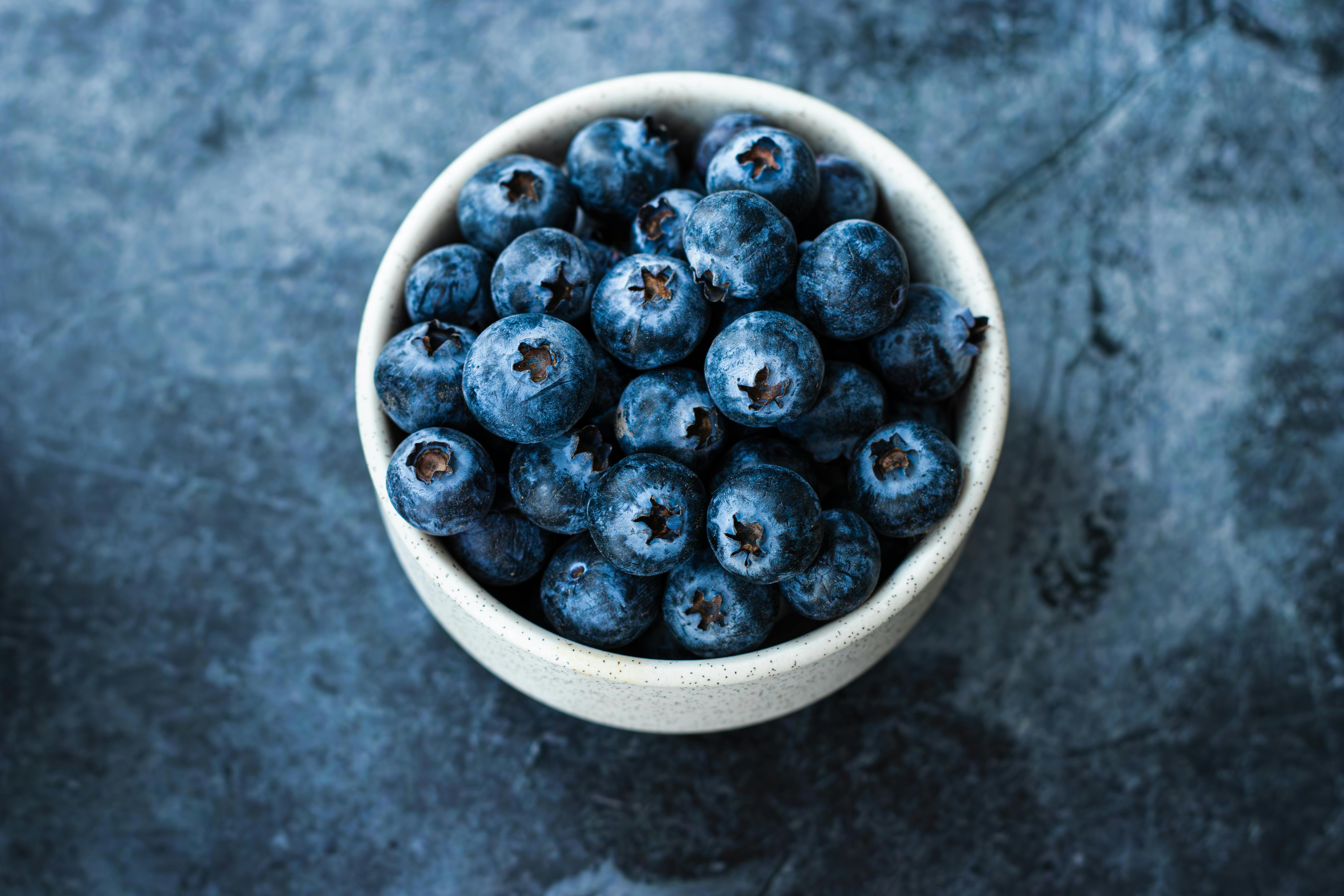Top 5 Smart Diabetic Diet Options for Improved Health in 2025
As we move into 2025, the importance of maintaining a balanced and nutritious diabetic diet becomes increasingly crucial in managing diabetes effectively. Whether you are managing type 1 or type 2 diabetes, understanding your meal choices is essential for enhancing overall health and preventing complications. A well-formulated diabetic meal plan can help control blood sugar levels, reduce the risk of diabetes-related issues, and incorporate healthy habits into daily life.
In this article, we will explore five smart diabetic diet options, emphasizing the role of carbohydrates, healthy fats, and protein sources. We will also cover the significance of meal timing, portion control, and the benefits of low glycemic foods. Furthermore, we will highlight the importance of whole grains, fruits and vegetables that are suitable for diabetics, and clever strategies for effective cooking methods. By adopting these healthy lifestyle adjustments, individuals can work toward better diabetes management and overall well-being.
By the end of this article, you will have a comprehensive understanding of the best dietary practices for diabetes management, along with practical insights into incorporating these into your daily routine.
Essential Guidelines for a Successful Diabetic Meal Plan
Building a diabetic meal plan starts with understanding the nutritional guidelines that best support blood sugar control and overall health. Knowledge about the role of carbohydrates and how they affect glucose levels empowers individuals to make informed choices in their food selections.
Understanding Carbohydrate Counting
Carbohydrate counting is a key strategy for managing blood sugar levels, as carbs significantly influence glucose spikes. By learning to identify the carbohydrate content in various foods, one can balance meals effectively. A good starting point is to aim for consistent carbohydrate intake throughout the day, allowing for better insulin management.
Portion Control and Meal Timing
Portion control plays a critical role in a diabetic diet. Learning how to manage serving sizes helps prevent overeating and promotes weight management. Additionally, meal timing can affect energy levels and blood sugar levels. Eating at regular intervals promotes stable glucose levels, which can be advantageous for overall health.
Healthy Fats and Protein Sources
Incorporating healthy fats and protein sources is essential for achieving a balanced meal plan. Opt for unsaturated fats found in avocados, nuts, and olive oil, which can benefit heart health. Lean protein sources, such as fish, chicken, and plant-based alternatives, support muscle maintenance and provide long-lasting energy without spiking blood sugar levels.
With these foundational concepts established, we can delve deeper into the specific dietary elements that lead to successful diabetes management.
Top 5 Low Glycemic Foods: Health Benefits and Recipes
Low glycemic foods are beneficial for blood sugar control and are a must in any diabetic diet. These foods release glucose slowly, helping to maintain stable blood sugar levels while providing essential nutrients. Here, we highlight five top low glycemic foods along with recipe ideas for integration into your diabetic meal plan.
Whole Grains: A Staple on the Diabetic Plate
Whole grains like quinoa, barley, and brown rice are excellent choices due to their fiber content, which helps with glucose management. Incorporating whole grains into meals can create satiety and provide energy throughout the day. For a delicious recipe, try a quinoa salad with mixed vegetables and a drizzle of olive oil.
Fiber-Rich Foods: Fruits and Vegetables
Fruits and vegetables are not only essential for their vitamins and minerals but also for their fiber content. Non-starchy vegetables such as spinach, kale, broccoli, and bell peppers are great options for diabetics. In contrast, berries are a fantastic fruit choice due to their low glycemic index. A snack idea could be a blend of berries mixed with Greek yogurt.
Diabetic Snacks: Keeping Hunger at Bay
Choosing snacks wisely plays a vital role in maintaining blood sugar levels. Opt for snacks that combine healthy fats and proteins, such as almond butter on whole-grain toast or hummus paired with carrot sticks. These choices provide energy without causing large spikes in blood sugar levels.
For interested readers, additional insights on diabetic recipes can be found here.
Incorporating Meal Prep: Streamlining Your Diabetic Diet
Meal prep can dramatically simplify the process of adhering to a diabetic meal plan. By planning and preparing meals in advance, individuals can ensure they always have healthy options available, reducing reliance on fast food or unhealthy snacks.
Creating a Weekly Meal Schedule
A structured meal schedule aids in consistent carbohydrate counting and portion control. Consider dedicating a specific day each week to plan meals, making sure to include a variety of foods that align with your dietary needs. This method increases the likelihood of sticking to your diabetic meal plan.
Batch Cooking and Storage Tips
Batch cooking allows you to prepare large quantities of meals that can be stored and enjoyed throughout the week. Invest in quality storage containers, and consider freezing portions for future meals. This saves time and ensures nutritious foods are always at hand, alleviating the stress of daily meal preparation.
For more information on meal prep strategies, visit this link.
Understanding Sugar Alternatives: Healthier Sweetener Choices
Managing cravings for sweetness is a common challenge for many diabetics. Sugar alternatives can provide a satisfying sweetness without leading to drastic changes in blood sugar levels. Understanding the best options available enhances the effectiveness of a diabetic meal plan.
Low-Calorie Sweeteners: Pros and Cons
Low-calorie sweeteners such as stevia, erythritol, and monk fruit can be excellent substitutes for sugar. They allow individuals to enjoy sweet flavors without the calorie expense. However, it's crucial to use them in moderation and be aware of any potential side effects or personal reactions.
Natural Sweetening Options
Using natural sweeteners like cinnamon or vanilla extract not only enhances flavor but also adds nutritional value. Incorporating these ingredients into meals and snacks can create satisfying dishes without added sugars.
The Role of Hydration in Diabetes Management
Staying hydrated is essential for everyone, particularly for those managing diabetes. Proper hydration helps with overall body function, energy levels, and digestion. It also plays a significant role in blood sugar management.
Hydration Strategies for Diabetics
Drinking water should be a priority, but other hydrating options, such as herbal teas and broth, can also help. Limiting caffeinated and sugar-sweetened beverages is vital, as they can lead to fluctuations in blood sugar levels.
Electrolyte Balance and Snacks
Choosing hydration snacks, such as cucumbers and melons, can assist in maintaining hydration levels while offering important nutrients. Aim to include these foods as part of your daily meal prep to ensure a well-rounded approach.
Frequently Asked Questions About Diabetic Diets
What foods can help control blood sugar levels?
Foods rich in fiber, whole grains, lean proteins, and healthy fats are excellent for blood sugar control. It's also essential to incorporate plenty of non-starchy vegetables and select fruits with low glycemic indexes.
How can I manage cravings when on a diabetic diet?
Understanding your body's cravings can help with management. Opt for healthier snack alternatives that incorporate proteins and fats, and practice mindful eating strategies to help satisfy cravings without compromising your meal plan.
What are some quick meal ideas for busy days?
Easy meals can include salads with protein, whole grain wraps, or simple stir-fried vegetables with a lean protein source. Preparing these beforehand can also ease your cooking workload during busy moments.
In conclusion, adopting a smart diabetic diet requires a thorough understanding of nutritional guidelines, carbohydrate management, and healthy meal ideas. By implementing these practices, individuals can promote better blood sugar control, enhance overall health, and reduce the risk of diabetes complications.

Remember the importance of seeking guidance from healthcare professionals, as personalized meal planning is vital for diabetes management. By being proactive in your dietary choices, you can navigate your path toward improved health and wellness as we embrace the future in 2025.

